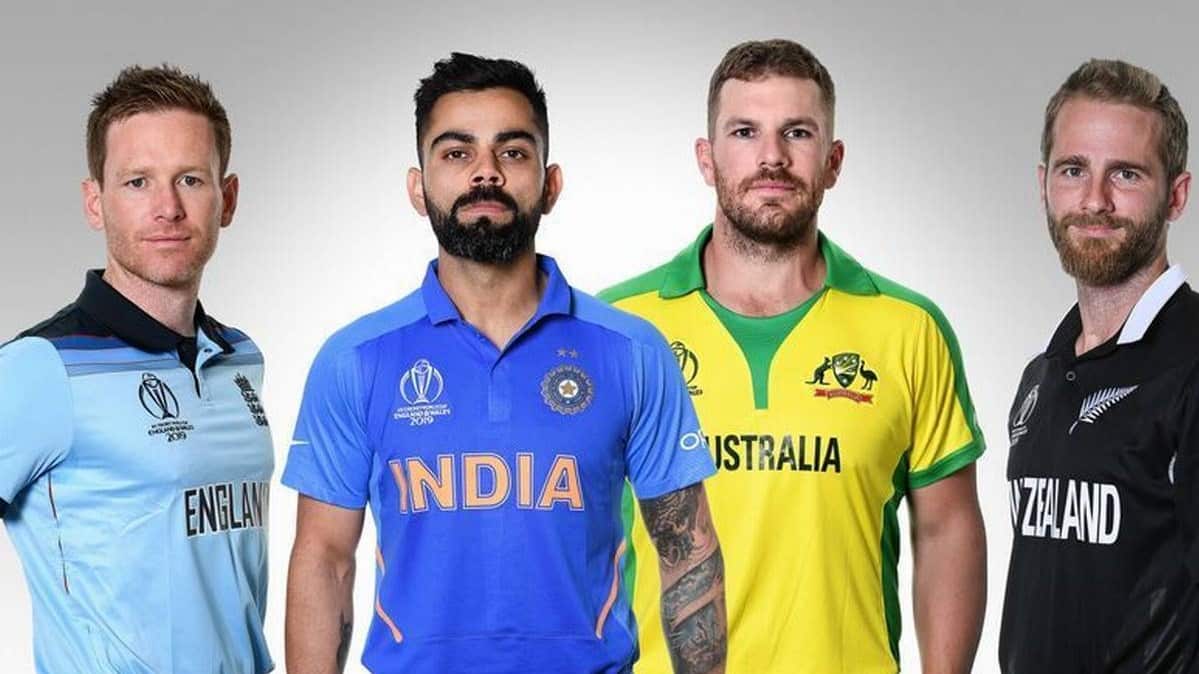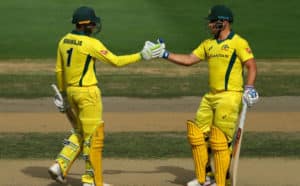England, Australia, India and, most recently, New Zealand have reiterated that they are the game’s controlling quartet. The International Cricket Council is powerless to curb their behaviour, the most recent examples of which robbed Pakistan of life-giving tours, writes RYAN VREDE.
Those who have been closely following the game at international level for the last decade or so would have seen the slow but deliberate shift of power to the above-mentioned quartet. That power is rooted in financial might and it is never returning to the ICC.
The power has expressed itself in a myriad ways, most notably a gluttony of tours among themselves, forsaking the needs of the ‘them’ in order to further enrich the ‘us’.
Just this year, England and India have contested two five-Test series. This while South Africa had to be content with hastily arranged incoming and outgoing tours against Pakistan and Sri Lanka, and others outside of the ‘Big Four’ scratched to populate their schedules.
My heart broke listening to Pakistan Cricket Board (PCB) chairman Ramiz Raja lament cancelled tours from New Zealand and England (men’s and women’s) over the past fortnight.
These countries have cited serious security concerns in Pakistan. They refuse to share anything beyond basic details thereof with either the PCB or the public.
This posture is understandable when you understand that they see themselves as above any private or public reproach.
Pakistan travelled to England last year at a time when Covid-19 infection rates in Britain were among the highest in the world, for a three-match Test and T20I series that saved the ECB millions in TV rights deals.
“It’s the feeling of being used and then binned. That’s the feeling I have right now,” Raja told reporters after England pulled out. “A little bit of hand-holding, a little bit of caring was needed after the New Zealand pullout and we didn’t get that from England, which is so frustrating.
“We’ve been going out of our way to meet the international demands, being such a responsible member of the cricketing fraternity, and in return, we get a response from ECB saying the players were spooked by New Zealand’s withdrawal. What does that mean?”
In December 202, England left South Africa abruptly after complaining about ineffective Covid-19 protocols. They reported two “unconfirmed positive” cases in their touring party, which were later confirmed as false positives after independent ratification. By then they were already back in England, with star players freed to compete in the IPL, a tournament that was later postponed after India was gripped by a devastating coronavirus wave.
Prior to a tour in March, Australia followed England’s lead by abandoning a tour to South Africa, citing deep concerns around the country’s coronavirus numbers. Those Australian players then competed in the IPL in a country that was reporting in excess of 350,000 new cases per day. Only four players opted to leave the tournament.
The IPL restarted this week in the UAE, and positive cases are being reported. None of the players from the powerful quartet are going home.
The ‘Big Four’ do as they please, and with impunity. This is the way of modern cricket.
It is not that a security threat in Pakistan is inconceivable. Indeed, it would be foolish to not be extremely vigilant in a country with a history of harbouring terrorists, and one that featured a deadly 2009 attack on the Sri Lanka team bus in Lahore.
If there is a threat, the cricketing public are owed access to details of that threat. The game belongs to the people, not the powerful. To throw a veil of national security classification over it is not good enough and insults the intelligence of millions of cricket fans.
It also further cripples an already groaning cricket nation. Yet, the ‘Big Four’ aren’t convinced that the game is only as strong as its weakest link. In fact, there is a pattern of behaviour that suggests they believe they can happily exist in isolation from the ‘them’.
They drive home the perception of incompetency through carefully considered rhetoric in a bid to shield themselves from criticism. This must never be tolerated.
Upon England’s departure in December 2020, judge Zak Yacoob, then chairman of CSA’s interim board, said: “There is an awkward narrative coming out that third-world countries can’t manage these things properly.”
He was being diplomatic. The truth is that that is exactly the perception the ‘Big Four’ want to create. This despite evidence to contradict the engineered perception.
Following that abandoned tour, South Africa successfully hosted Sri Lanka, without one case being reported. The Proteas later travelled to Pakistan for the first time in 13 years. Security was described as being on par with a developed country and not one incident was reported.
Again, this is not to suggest that one shouldn’t be highly vigilant. Past success is no assurance of future safety. But it does suggest a depth of competency the ‘Big Four’ want us to believe doesn’t exist.
This narrative must be countered at every turn. It is destructive and self-serving. It is designed to convince that cricket can only be contested by a select group who infer competency on themselves to shield from their power-drunk agenda.
Don’t let this happen.





